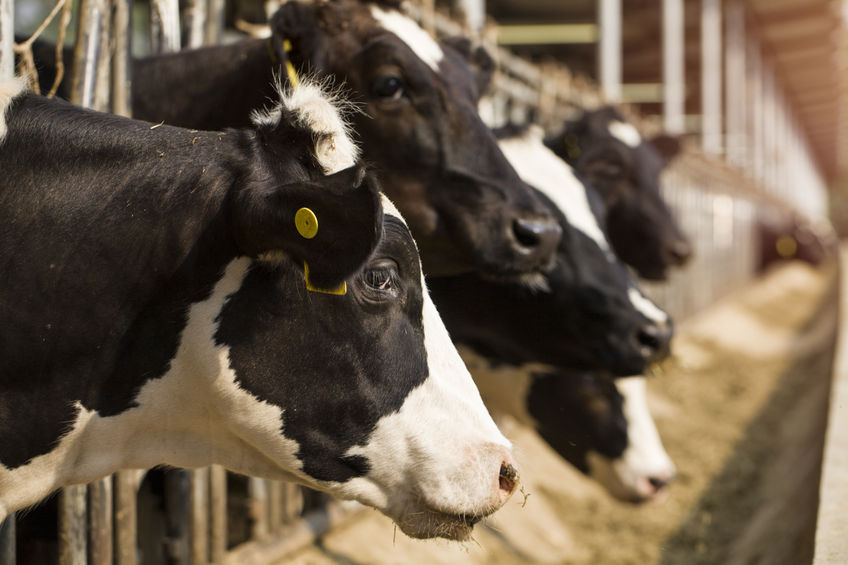
Concerns have been raised over the poor uptake of the government's dairy hardship fund launched as a result of the Covid-19 crisis.
Since the Dairy Support Scheme in England launched on 18 June, approximately 174 applications have been received as of 27 July.
Producers are able to apply up to £10,000 to cover 70% of their losses across April and May incurred as a result of a drop in price.
It follows a reduced demand for milk with the closure of restaurants, bars, and cafes in recent months as a result of the coronavirus crisis.
The Rural Payments Agency (RPA) has now reported that from the 174 applications received, 17% were rejected for not meeting the eligibility criteria.
Approximately 86 percent of the applications have been assessed and payments have begun to be issued.
Fifty-five applicants have received support totalling around £481,000, with around 35 applicants receiving the maximum grant of £10,000.
But concerns have been highlighted over Defra’s decision to move from a drop in income to a milk price drop to calculate the fund's eligibility.
A statement from Defra and the Welsh government said: "Farmers will need to demonstrate they have suffered a reduction in the average price paid for their milk of 25% or more in April and May 2020 when compared with February 2020."
The Tenant Farmers Association (TFA) said the scheme had helped 'so few' dairy farmers given the extent of the issues faced by the sector.
"This has been caused by a tight eligibility criteria in comparison to other business support schemes promoted by government," the group said.
"Happily, some strength is now returning to dairy markets. It is hoped that this will be sustained."
The Royal Association of British Dairy Farmers (RABDF) said it was 'disappointing' that there was 'confusion' over the fund's eligibility.
RABDF chairman Peter Alvis said: “We do not understand how farmers will demonstrate milk volumes dumped as this will not appear on milk statements and therefore, the volume loss can’t be evidenced in this way.
"In addition, the base price for the remainder of the milk may have stayed high, but by throwing away a couple of days production it could have easily tipped them over the 25% mark."
